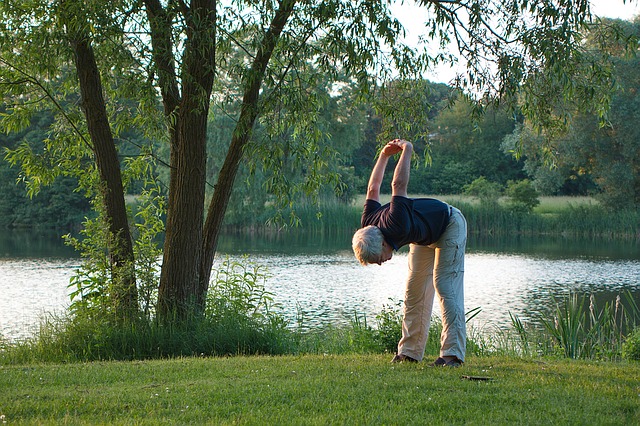
One of the hardest things about getting older is the possibility of becoming injured or infirm and losing some or all of your mobility. Maybe a personal trainer could help.
Many older people understandably worry about not being able to get around as well as they used to. The fear of becoming injured or infirm is a very real one and can often lead to elderly people needlessly restricting their own mobility. But according to the Live-in Care Hub (www.liveincarehub.co.uk) elderly people can add greatly to their quality of life by simply staying active and mobile.

The Most Common Types of Injuries in the Elderly
According to the latest NHS figures around a third of people aged over 65 in the UK will fall and injure themselves annually and this is one of the most common reasons for older people to be admitted to hospital. Falls do not always lead to serious injury but in many cases there can be broken bones or bruising and lacerations, especially in those who are a little frail or infit. And whether that person lives at home or is receiving care in their own home (there are BTW multiple health and well-being benefits to staying at home as we age) there can be a knock-on effect in a loss of confidence and worry about losing independence.
What Causes Falls?
As we age there is often a problem with balance and muscle weakness and general loss of strength and fitness which can catch us unaware. Add in problems like poor eyesight or long-term health conditions such as arthritis, heart disease or dementia, or low blood pressure which can cause dizziness and all this can make a fall more likely to happen.
How Can a Personal Trainer Help?
A widely held misconception influences the belief that personal fitness trainers are only for gym bunnies or those who are already young and fit but nothing could be further from the truth. Older people can benefit from a professional trainer’s knowledge and expertise just as much as anyone else, if not more so. The most important thing is to look for a personal trainer who specialises in, and has appropriate qualifications gained through an accredited agency or organisation in designing and implementing training courses for older people.
A trainer who specialises in working with older people will understand exactly how the older body works and what the barriers are to achieving fitness. They will be aware of how easily muscles can become fatigued and how injuries can occur and their experience should include knowledge of the physical limitations of older people.
A typical fitness programme for the elderly person should include gentle aerobic and stretching exercises as well as strength training to maintain muscle mass. This should be specially formulated to fit the abilities and fitness level of the individual person and should help to improve health, mobility and quality of life.
How to Find a Personal Injury Trainer for Your Loved One
Often the best way of finding reliable recommendation comes through friends and family or carers but otherwise you could contact your local GP surgery or health centre for information.
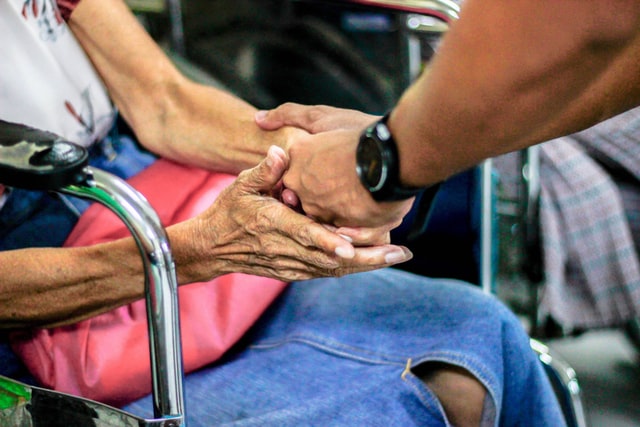 Emotional Impact Of Mobility Loss for Seniors
Emotional Impact Of Mobility Loss for Seniors 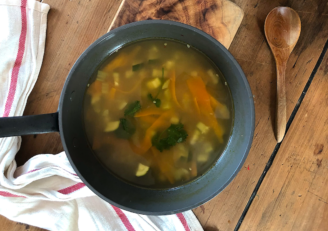 High Calorie Meals for Seniors With Little Appetite
High Calorie Meals for Seniors With Little Appetite 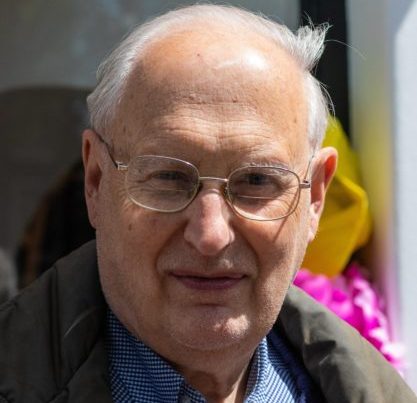 Managing Type-2 Diabetes
Managing Type-2 Diabetes  Could video games benefit those with low mobility?
Could video games benefit those with low mobility?  Why are social care resources so stretched?
Why are social care resources so stretched?  Why 2026’s top bloggers are going back to paper planners to spark creativity
Why 2026’s top bloggers are going back to paper planners to spark creativity 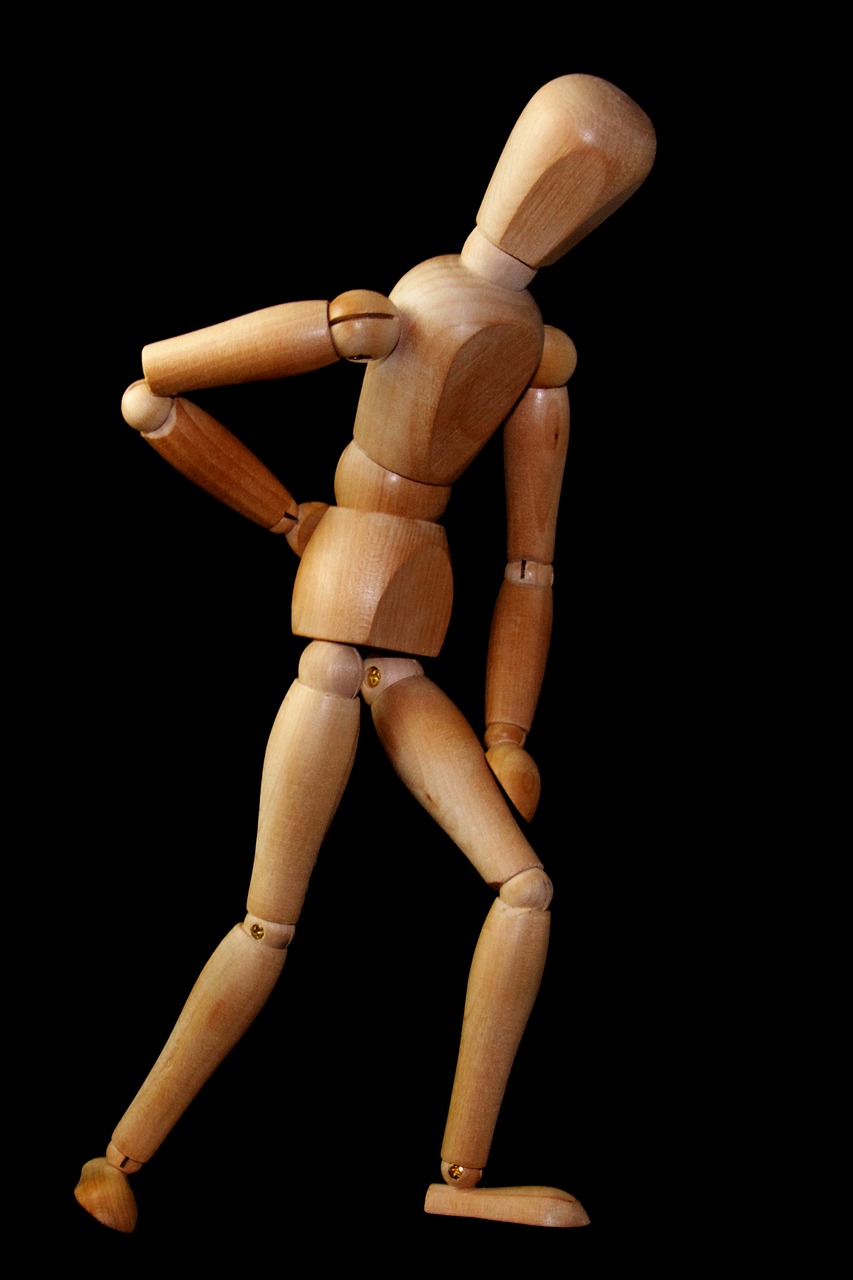 Why exercise doesn’t have to mean pain
Why exercise doesn’t have to mean pain  5 Tips on How to Train Your Brain
5 Tips on How to Train Your Brain  Is Your Posture Making You Ill?
Is Your Posture Making You Ill?